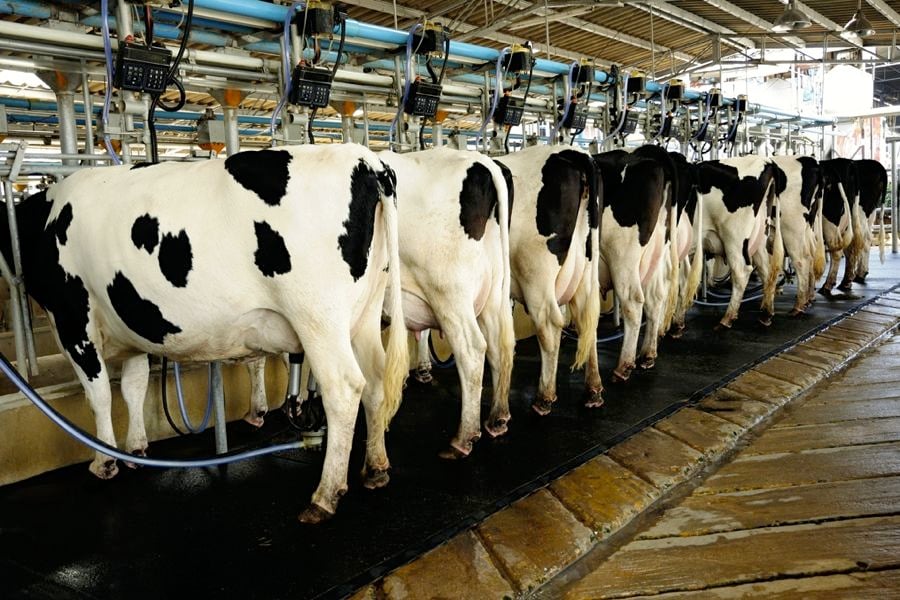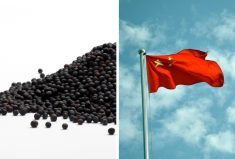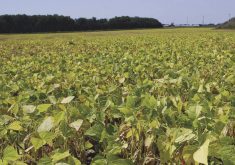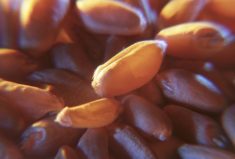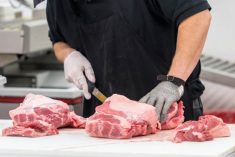Federal funding commitments to supply-managed farmers should go to increase sustainability and efficiency and to innovate in the face of increasing foreign competition, say Manitoba commodity groups.
Money promised to egg farmers would be well spent on product research, increasing sustainability, and consumer awareness — such as trust-building work done by the Canadian Centre for Food Integrity, said Harold Froese, chair of Manitoba Egg Farmers.
Egg farmers, along with supply-managed chicken, turkey and broiler-hatching egg producers, will get $691 million in federal funds over 10 years, announced federal Ag Minister Marie-Claude Bibeau during a virtual press conference on November 28.
Read Also

Mazergroup’s Bob Mazer dies
Mazergroup’s Bob Mazer, who helped grow his family’s company into a string of farm equipment dealerships and the main dealer for New Holland machinery in Saskatchewan and Manitoba, died July 6 from cancer.
This comes based on recommendations from a federal egg and poultry working group.
The compensation is for losses under the Comprehensive and Progressive Trans-Pacific Partnership (CPTPP) trade pact, which opened a portion of Canada’s poultry and egg market to the pact’s partner countries.
Bibeau also promised to halve the timeline in which dairy farmers would be compensated for losses under CPTPP and the Comprehensive Economic Trade Agreement (CETA), which both saw portions of the Canadian dairy market opened to foreign imports.
Dairy farmers will get $1.75 billion in direct cash compensation over four years (they received the first payment late 2019 and early 2020) instead of eight years, said Bibeau.
Poultry farmers opted to receive compensation in the form of an investment program.
“We do not yet know the breakdown of the funding between the programs or further details,” said Wayne Hiltz, executive director of Manitoba Chicken Producers. “(We) look forward to working closely with the government in advance of the launch of the programs — currently expected for 2021.”
The announcement will give dairy farmers confidence to invest in greater efficiencies, said David Wiens, vice-president with Dairy Farmers of Canada and chair of Dairy Farmers of Manitoba.
“Dairy farmers across the country will be able to make those investments to create further efficiencies,” Wiens told media on November 28.
“I think particularly for the younger farmers, who have really struggled since these agreements have been ratified. They can actually now see opportunities how they can continue to make those investments in the farm,” he added.
“Our objective is to be better prepared to face the intensification of competition from imported dairy products made from milk produced elsewhere,” said Pierre Lampron, president of Dairy Farmers of Canada in a news release.
“These important investments on the farm can only come with a level of certainty as it relates to the promised compensation,” he added. “Reducing the timelines for the scheduled payments is recognition by the government of the importance of the foreign competition we face.”
Poultry, egg and dairy farmers still await details on compensation for losses under the Canada-United States-Mexico Agreement (CUSMA).
Though commodity groups were pleased with the announcement, which was a long time coming, the timing was poor in relation to COVID-19 pandemic hardships, said Froese.
Some of the challenges in other sectors “are even worse than this,” said Froese. “As a Canadian and as a farmer that bothers me, even though I think this was warranted.”
Processors are among those currently left out in the cold. While Bibeau said the federal commitment to compensate processors for trade losses “is still strong,” she wasn’t willing to elaborate on details.
“What does the federal government actually mean when it commits to providing “full and fair” support for Canada’s dairy, poultry and egg processors?” said a joint news release on December 1 from the Dairy Processors Association of Canada (DPAC) and the Canadian Poultry and Egg Processors Council (CPEPC).
“It is disappointing that the government consistently fails to recognize that the strength of the supply management system rests on the strength of both processors and farmers,” said Mathieu Frigon, president and CEO of DPAC.
In October, Frigon told the Co-operator that Canadian dairy processing has underperformed compared to other food-processing industries and this has coincided with the signing of the three trade agreements.
“A viable and sustainable supply management system requires healthy and thriving industry from the farm to the plate,” he said.






